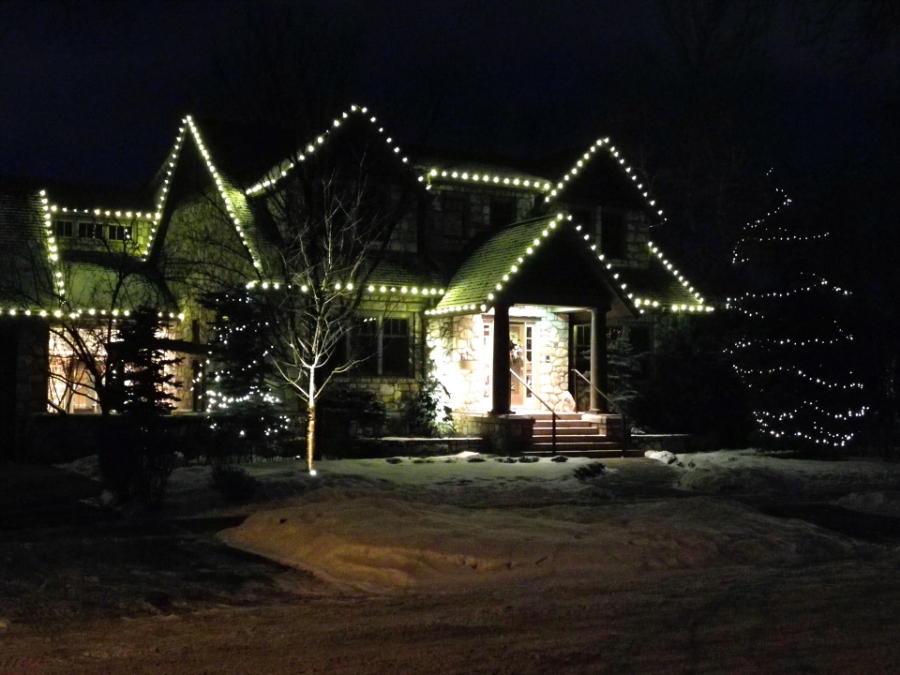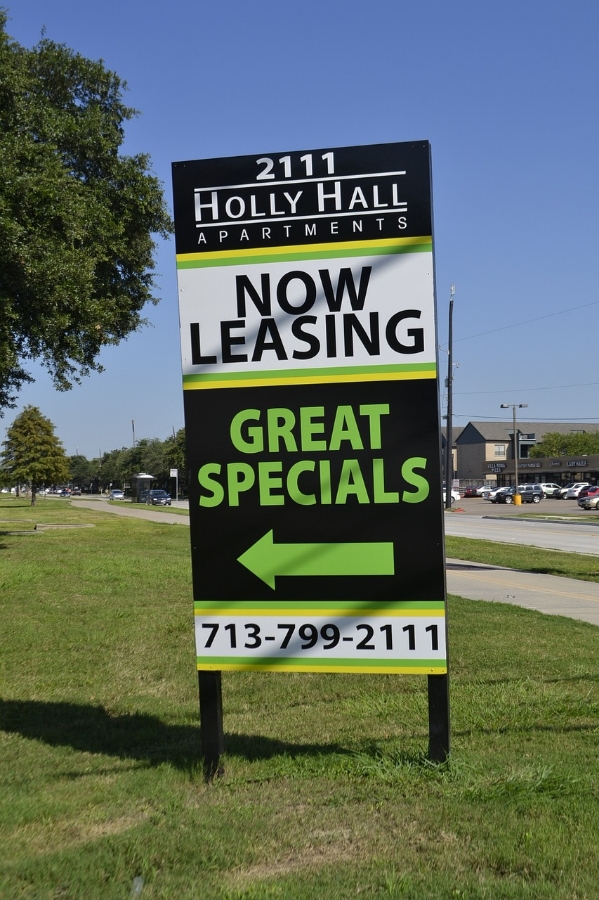For most people, their largest asset is the equity in their principal residence. This is generally considered a lifestyle asset, not an income producing asset. If you are at least age 55 (Canada) or age 62 (USA) and want to continue to live in your own home, a reverse mortgage can create income for your retirement by giving you a way to access part of the equity in your home without having to sell or move.
Blog
As a condo board member, I've been asked on several occasions at AGMs to discuss the benefits of having a professional property management company take over the management of our self-managed condominium. Every unit owner in our building knows that this will mean an increase in our monthly condo fees, but will the benefits make the extra costs worthwhile?
Let's look at the pros and cons of hiring a professional management company vs self-management by the condo association.
1. Cost
There's no doubt that hiring a condo manager will cost more than having the condo board manage the project. Residents' monthly condo fees will need to cover those costs, and no unit owner likes to hear that their fees are going up. So self-management is an attractive option to the owners in general.
However, if you calculate the value of the time the Board members put into looking after condominium issues, it becomes apparent that there's also a large personal cost to these folks that the other owners don't see.
Whether or not the project is self-managed, the condo association will still have to hire professionals to handle legal and accounting matters. These are roles the Board members cannot fill themselves unless they have the skills, training and expertise. Even if a Board member is qualified to provide legal or accounting services, the ethics and the legality of such an arrangement would be questionable.
Advantage: Professional management company for expertise, better optics.
2. Service Level
Individuals who serve on condo boards are typically career people who work during the day and must rely heavily on contractors and resident volunteers to take care of situations that arise while they're at work. This can be frustrating to an owner who has a plumbing problem and can't reach the Board members when the problem arises.
In emergency situations when time is of the essence, it's very important for the affected parties to contact plumbers, electricians, or other service people quickly to mitigate the damage as much as possible. This could be difficult in a self-managed scenario if it occurs at a time when all Board members are at work or away (such as over Christmas or a long weekend - we had just such an instance during my last stint on my condo board).
These are the situations when a professional property manager, with a 24/7 emergency line, is ideal. Owners have more peace of mind knowing that no matter what happens, they'll be able to reach someone to deal with the problem - day or night, 365 days a year.
Advantage: Professional management company.
3. Disputes, Violations and Sanctions
Managing a condominium or strata property sometimes means acting as a collection agency, an enforcer, or an arbitration panel. Imagine having to levy a fine against one of your neighbors because they've violated the Bylaws, or calling the police to deal with a noise complaint or (worst case scenario) to break up a domestic dispute. Those are all situations that our condo board has had to deal with on more than one occasion.
If the sanction is coming from one of your neighbors instead of a third party management company, it is much more personal and is likely to result in a strained relationship between the parties. It is also stressful for the Board members when they have to deal with unpleasant matters like collecting overdue fees and assessments or issuing warnings to fellow owners over infractions.
A property management company can handle these situations in an impersonal and detached manner, which allows the Board to maintain a neighborly relationship with the other owners.
Advantage: Professional management company.
4. Community Involvement
A self managed building relies heavily on its volunteers. Getting other owners involved in running the condominium creates a deeper sense of community and instills an even greater pride of ownership among the unit owners. The owners in our condo building routinely volunteer to look after flower beds, help out with sanding of the parkade ramp in winter, run the trash compactor, and sort recyclables.
A condo management firm does not have the same relationship with the owners that the Board members do, and in a self-managed condominium the Board has the opportunity to solicit help and support from other unit owners in a way that an outside management company could not accomplish.
Advantage: Self-management.
Image by Free-Photos from Pixabay
If you're going to be away from home for holidays or business, hiring a house sitter can protect your home and pets while you're away. And using our ready-made housesitting contracts and checklists makes the process so simple while putting the terms of the agreement down in writing.
When searching for a contractor to do new construction or renovations and improvements to an existing home, there are some key considerations to keep in mind to help you find a reputable company that will do quality work.
A deed of trust might make it easier for you to get a loan to purchase your new home than trying to get a traditional mortgage from a bank. That's because you're basically giving over the deed to the property to the lender as security for the loan. But not all states allow the use of deeds of trust.
It's a nightmare to think about - a roofing contractor working on your house slips and falls off your roof, resulting in serious injuries. You have many sleepless nights wondering if he's going to sue you. What can you do to protect against such risks?
The two most common methods of property co-ownership are joint tenancy and tenancy in common. These two forms of co-ownership differ greatly, particularly with respect to disposition of the property. Here are three scenarios in which tenancy in common ownership is recommended.
A party wall is a common wall that divides two adjoining buildings, units or apartments and shared by the occupants on each side. A party wall usually provides structural support and/or fire protection between the two buildings or units but its maintenance and upkeep can cause rifts between neighbors.
A growing number of U.S. states have enacted laws that allow a home owner to record a transfer on death deed (also called a beneficiary deed or a TOD) during their lifetime. This form of deed will transfer ownership of their property directly to the beneficiary (grantee) named in the deed when the owner (grantor) dies. This is a low-cost and trouble-free alternative to setting up a living trust in order to keep real estate property out of probate.
Would I still own my property if I file a TOD?
Yes. Because the transfer on death deed does not become effective until the grantor's death, the grantor still owns the property and can deal with it as he or she sees fit, including mortgaging, encumbrancing or selling it, or changing or revoking the TOD.
If the property is jointly owned, the last surviving owner can change or revoke the deed as they see fit. The beneficiary has no interest in the property, and therefore no say in what happens to the property, during the grantor's lifetime.
What is the benefit of recording a TOD?
A transfer on death deed keeps your real estate property out of probate after your death, which can reduce probate fees and speed up the process of distributing the estate assets. However, any applicable estate taxes will still be payable.
Do all states allow for recording a TOD?
No. Currently the states that allow for recordation of Transfer on Death Deeds or Beneficiary Deeds are: Alaska, Arizona, Arkansas, California, Colorado, District of Columbia, Hawaii, Illinois, Indiana, Kansas, Minnesota, Missouri, Mississippi, Montana, Nebraska, Nevada, New Mexico, North Dakota, Ohio, Oklahoma, Oregon, South Dakota, Texas, Utah, Virginia, Washington, West Virginia, Wisconsin and Wyoming.
Regulations, requirements and limitations differ from state to state, but in general the procedure is very similar. If you own property in any of these states, you can record a Transfer on Death Deed or Beneficiary Deed and reduce the probate costs to your estate after your death. However - as usual - you can't avoid the taxes.
Image by H. Cuthill
- 1
- 2
- 2025
- 2024
- 2023
- 2021
- 2020
- 2019
- 2018
- 2017
- 2016
- 2014
- 2013
- 2012
- 2011












